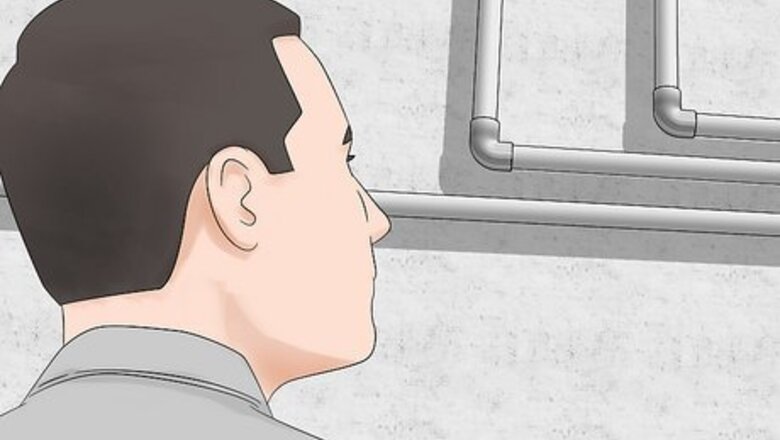
views
Winterizing Your Pipes
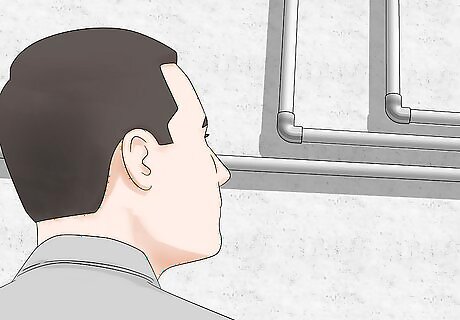
Go through your house to check for leaky water pipes. Check bathroom and kitchen cabinets, the attic, basement, crawl spaces, and garage. Look for pipes running along outside walls of your house or through your foundation as well. Use tools or have a professional licensed plumber repair any leaking pipes or pipe joints before wrapping them (and before freezing temperatures arrive!).
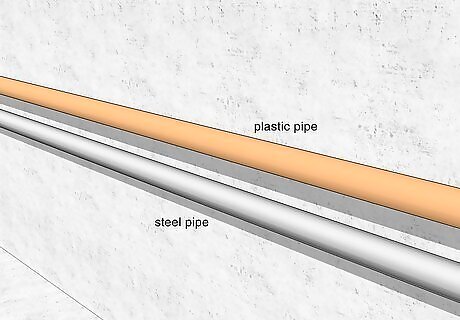
Know what type of pipe material you will be wrapping. The pipe's material can determine what kind of insulation product you use. Check hot and cold water supply pipes since both kinds of pipes can freeze. Plastic pipes should only be wrapped with automatic heat tape. This kind of tape is insulated with heavy rubber around its wires. You can also use regular pipe insulation.
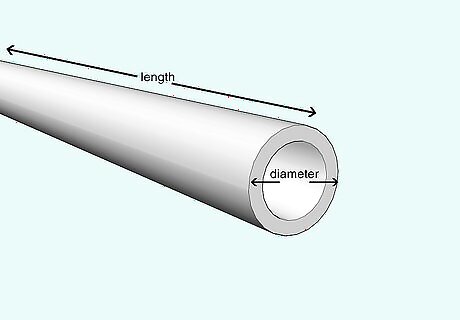
Find the length and diameter of each pipe you will wrap. Count the number of faucets or valves along each pipe. These figures can help you determine how much insulation product you will need to buy. Consult your pipe manufacturer's guidelines to help you decide how much insulation you will need.
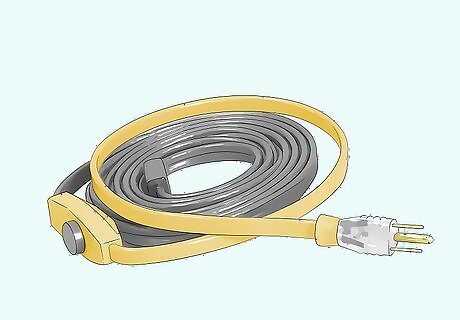
Visit your local building supplies store. Purchase enough pipe insulation product, such as heat tape or cable, for your pipes.
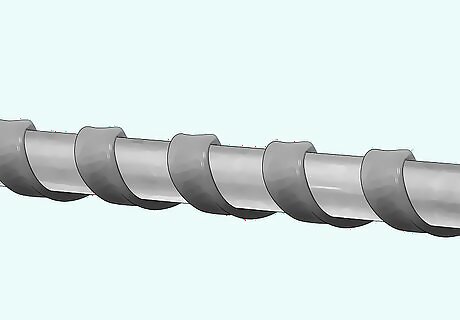
Follow any specific directions from the product's manufacturer to wrap the pipes. Shut off your home’s water main. Then, wrap pipes carefully with the insulation product. Heat tape has a plug at 1 end to heat a pipe electrically. From the plug end, run the tape straight down the length of the pipe if directed to by the manufacturer. You may need to wrap heat tape in a spiral or corkscrew fashion around a pipe instead. Wrap areas of pipe that go below ground with heat tape until you reach the frost line. Secure the heat tape to the pipe with bands of electrical tape wrapped around the pipe's diameter. Space the bands of electrical tape according to the heat tape manufacturer's directions.
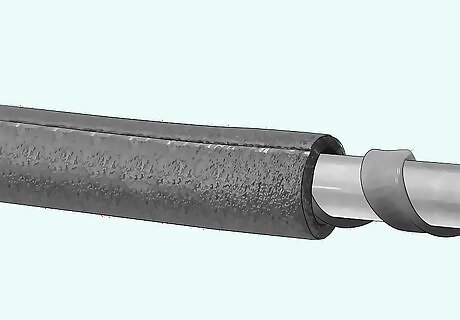
Encase pipes and their heat tape in a pipe sleeve, jacket, or other insulation. Cover the insulation with a waterproof material if it does not have weather protection.
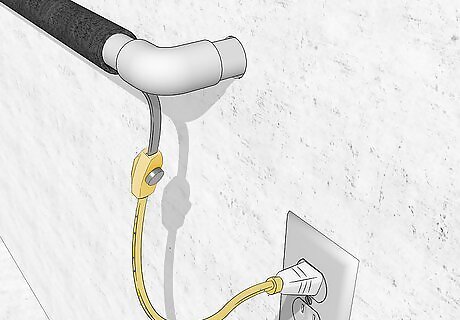
Plug in your heat tape's plug to an outlet. It should go directly into a Ground Fault Circuit Interrupter (GFCI) outlet without using an extension cord. Look for a GFCI outlet under your home, near where your water supply comes in.
Thawing Frozen Pipes
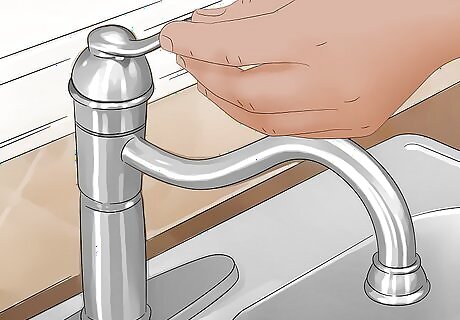
Turn on a water faucet in your house. If the water that comes out of the faucet is a trickle or lower in pressure than usual, its water supply pipe is likely frozen.
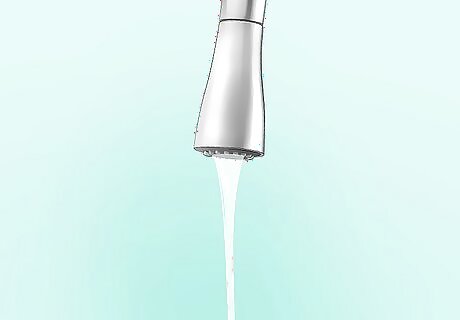
Leave the water faucet on. As the water running through the pipe is above freezing temperature, it will help thaw the pipe. You can also pour antifreeze down the drain to defrost any ice quickly.
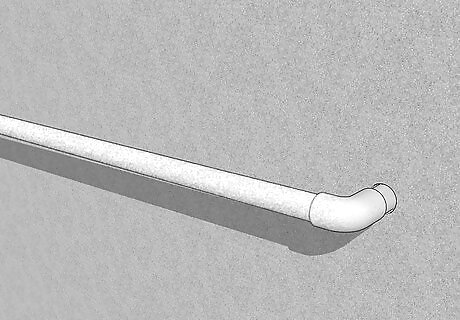
Find the faucet's frozen pipe. Places to look are where exposed pipes run along outside a house or through the foundation where your water supply enters the house.
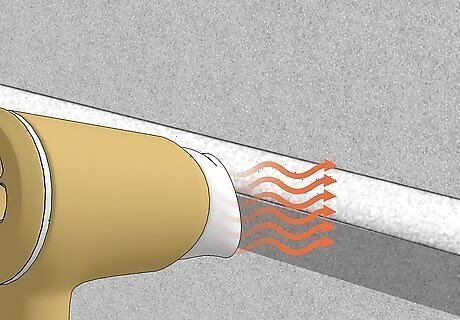
Wrap a frozen piece of pipe in an electric heating pad. Apply heat from an electric hair dryer or a portable space heater. Make sure no flammable items or materials are nearby. Towels soaked in hot water can also be used to wrap frozen pipes in. Heat the water for the towels in a pot or other suitable container on the stove.
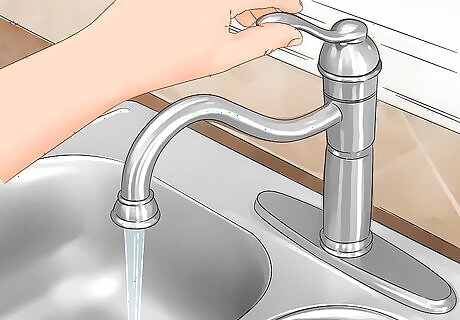
Have someone else check that water running through the faucet works normally if necessary.
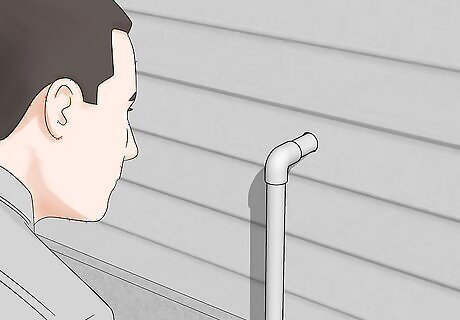
Check other faucets 1 at a time around the house. Thaw any other frozen pipes you can access.
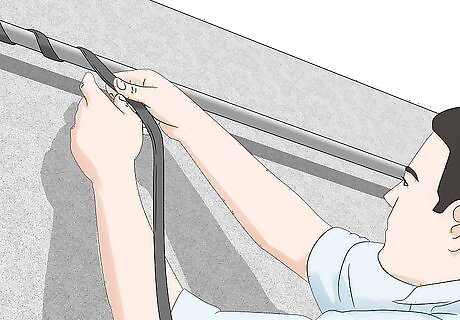
Call a licensed professional plumber to thaw the pipes you cannot reach, find, or unfreeze yourself.




















Comments
0 comment